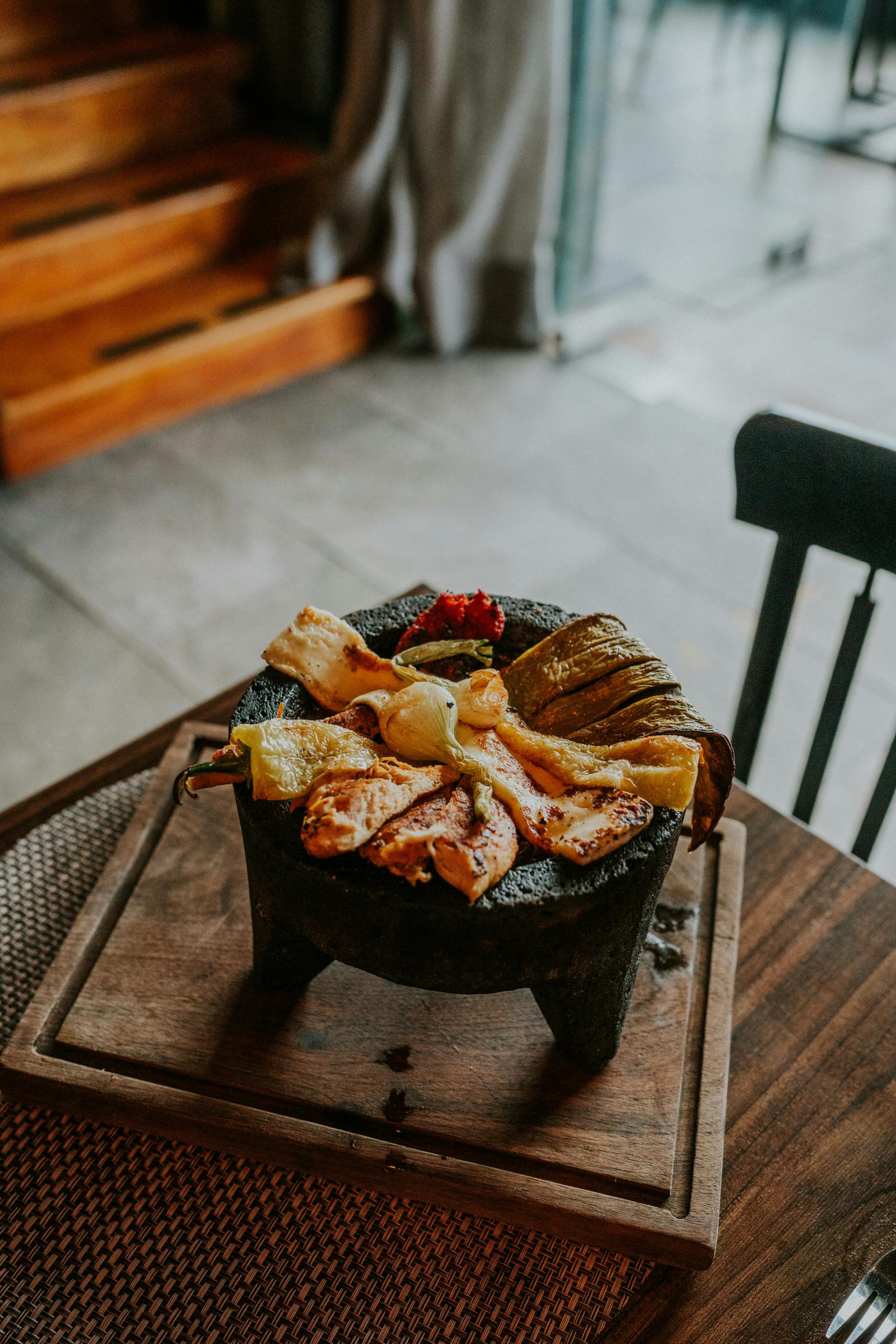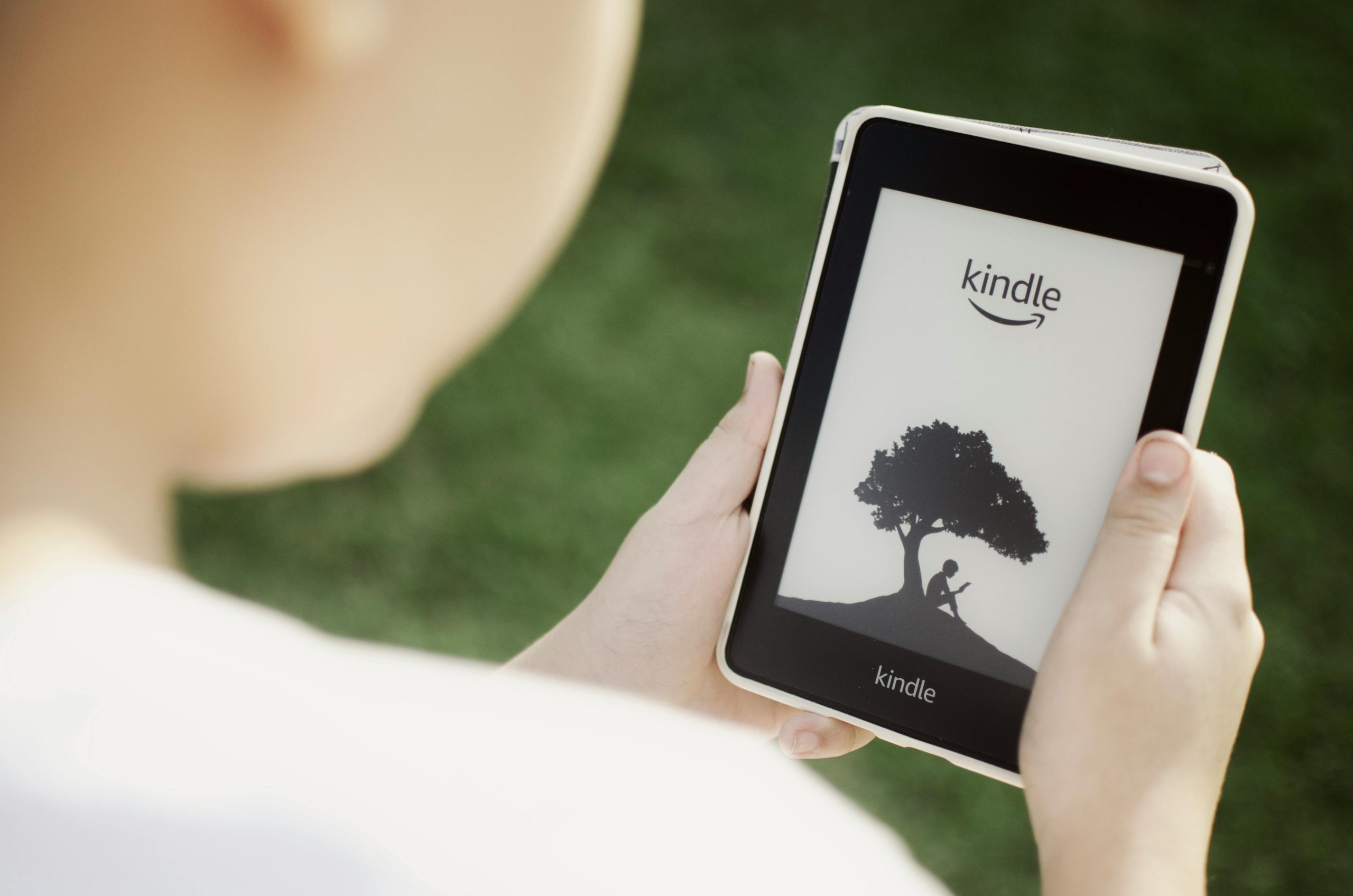Ad Blocker Detected
Our website is made possible by displaying online advertisements to our visitors. Please consider supporting us by disabling your ad blocker.
You may have heard of both pressure cookers and instant pots, but are they really the same thing? In this article, we’ll explore the key differences between these two kitchen appliances and help you determine which one is right for you. Whether you’re a culinary enthusiast or a busy parent, understanding the distinctions between pressure cookers and instant pots will ultimately save you time and help you make the most delicious meals in your own kitchen. So, let’s unravel the mystery and discover whether a pressure cooker or an instant pot is the best addition to your culinary arsenal.

What Is a Pressure Cooker?
A pressure cooker is a kitchen appliance that helps cook food faster and more efficiently by trapping steam and increasing the pressure inside the pot. This high-pressure environment allows food to cook at higher temperatures, which reduces cooking time significantly. Pressure cookers are usually made of stainless steel or aluminum and have a tight-fitting lid to ensure airtight sealing.
Definition
A pressure cooker is a sealed pot with a valve that regulates the pressure inside. It can be used on both stovetops and electric cookers. The basic concept is to heat the liquid inside the pot, creating steam, and raising the pressure. The increased pressure causes the temperature to rise, allowing food to cook in a fraction of the time compared to traditional cooking methods.
Working Mechanism
The working mechanism of a pressure cooker involves the use of trapped steam and increased pressure to cook food quickly and evenly. When the pot is heated, the liquid inside turns into steam, increasing the pressure. The steam then penetrates the food, cooking it rapidly. The tight-fitting lid ensures that no steam escapes during the cooking process, maintaining the high pressure required for efficient cooking.
Benefits
Using a pressure cooker offers various benefits. Firstly, it greatly reduces cooking time, making it perfect for busy individuals or families. Secondly, the high-pressure environment helps retain the nutritional value of the food since the cooking time is shorter and fewer nutrients are lost. Additionally, pressure cooking requires less water, which further contributes to preserving the taste, color, and texture of the food. Lastly, pressure cookers are versatile and can be used for various cooking methods such as steaming, braising, stewing, and more.
What Is an Instant Pot?
An Instant Pot is a brand of electric pressure cooker that has gained popularity in recent years due to its convenience and versatility. It offers similar benefits to a traditional pressure cooker but incorporates additional features for enhanced cooking experience.
Definition
An Instant Pot is a modern electric pressure cooker that combines the functionality of a pressure cooker, slow cooker, rice cooker, steamer, and more into one appliance. It is designed to be user-friendly and comes with preset programs and digital controls for easy operation.
Working Mechanism
Like a traditional pressure cooker, the Instant Pot uses steam and increased pressure to cook food quickly. However, instead of being used on a stovetop, it is an electric appliance that plugs into an outlet. The Instant Pot has built-in sensors, a heating element, and a microprocessor that monitor and control the pressure, temperature, and cooking time. This allows for precise and consistent cooking results.
Benefits
The Instant Pot offers various benefits that make it a popular choice among busy individuals and those looking for convenience in the kitchen. Its multifunctional capabilities save counter space, as it can replace several appliances. It also offers programmable settings for different types of cooking, allowing for hands-free cooking. The Instant Pot’s electric operation eliminates the need for constant monitoring and adjusting, making it a hassle-free option. Additionally, it comes with safety features such as lid-locking mechanisms and pressure release valves for worry-free cooking.
Additional Features
Instant Pots come with additional features such as delayed start, keep warm function, and sauté mode. These features enhance the cooking experience and provide flexibility in meal planning and preparation. The delayed start feature allows you to set the cooking time ahead, ensuring a hot and ready meal whenever you need it. The keep warm function keeps the food at a safe temperature after cooking, eliminating the need for reheating. The sauté mode allows you to brown or sear ingredients directly in the Instant Pot, saving time and reducing the number of dishes needed.
Key Similarities
While there are differences between pressure cookers and Instant Pots, they also share some key similarities. These similarities make both options appealing to home cooks seeking efficient and nutritious cooking methods.
Pressure Cooking
Both pressure cookers and Instant Pots utilize the cooking technique of pressure cooking. The high pressure generated inside the pot allows for fast and thorough cooking, reducing cooking time compared to traditional methods. Whether you choose a stovetop pressure cooker or an electric Instant Pot, the cooking principle remains the same.
Time Efficiency
Both pressure cookers and Instant Pots excel in terms of time efficiency. The high-pressure environment in both appliances significantly reduces cooking time, allowing you to prepare meals quickly. This makes them ideal for busy individuals or those seeking to minimize cooking time while still enjoying flavorful and nutritious meals.
Retains Nutrients
One of the key benefits of both pressure cookers and Instant Pots is their ability to retain the nutritional value of food. Due to the shorter cooking time, fewer nutrients are lost compared to traditional cooking methods. The sealed environment also prevents vitamins and minerals from leaching out into the cooking liquid, ensuring that your meals are both healthy and delicious.
Versatility
Both pressure cookers and Instant Pots offer versatility in cooking. They can be used for a wide range of dishes and cooking methods, including steaming, braising, stewing, and more. Whether you want to cook a hearty soup, tenderize tough cuts of meat, or prepare a flavorful curry, both appliances have you covered.
Key Differences
While pressure cookers and Instant Pots have similarities, there are also key differences that set them apart. Understanding these differences can help you make an informed decision on which appliance suits your cooking needs.
Design and Appearance
One noticeable difference between pressure cookers and Instant Pots is their design and appearance. Traditional pressure cookers typically have a stovetop design, with a sturdy pot-like structure and a pressure release valve. On the other hand, Instant Pots have a sleek and modern appearance, similar to other kitchen appliances. They typically have a digital control panel, a clear lid for visibility, and various buttons for different cooking programs.
Electric vs. Stovetop
The most significant difference between pressure cookers and Instant Pots is their method of operation. Pressure cookers are available in both stovetop and electric models. Stovetop pressure cookers require heating on a stovetop burner, while electric pressure cookers like the Instant Pot rely on electricity for heat generation. The choice between electric and stovetop depends on personal preference and kitchen setup.
Cooking Functionality
While both pressure cookers and Instant Pots can pressure cook, Instant Pots offer additional cooking functionalities. Instant Pots often come with preset programs for cooking rice, making yogurt, slow cooking, steaming, and more. These presets eliminate the need for manual temperature adjustments and take the guesswork out of cooking. Traditional pressure cookers mainly focus on pressure cooking and may not have these preset programs.
Safety Features
Safety features vary between pressure cookers and Instant Pots. Both appliances are designed to ensure safety during the cooking process, but Instant Pots often come with added safety measures due to their electric nature. Instant Pots have lid-locking mechanisms, temperature and pressure sensors, and automatic pressure release valves. These safety features provide peace of mind while using the appliance.
Cost
Cost is another differentiating factor between pressure cookers and Instant Pots. Traditional stovetop pressure cookers are generally more affordable compared to electric Instant Pots. Instant Pots usually come with additional features and programmable settings, which contribute to their higher price point. However, the cost may vary depending on the brand, size, and specific model you choose.

Advantages of Pressure Cooker
If you are considering purchasing a pressure cooker, there are several advantages to keep in mind:
Affordability
Traditional stovetop pressure cookers are often more affordable than electric Instant Pots. If you are on a budget or prefer a simpler appliance, a pressure cooker could be the ideal choice. They provide the essential functionality of pressure cooking without the additional features and programming options.
Durability
Pressure cookers, especially stovetop models, are known for their durability. Made from stainless steel or aluminum, pressure cookers are built to withstand high temperatures and pressure. With proper care and maintenance, a well-built pressure cooker can last for many years, making it a reliable investment for your kitchen.
Manual Control
For those who prefer hands-on cooking and enjoy having complete control over the cooking process, a pressure cooker offers manual control. With a stovetop pressure cooker, you can adjust the heat intensity and cooking time manually. This level of control allows you to customize your cooking experience and adapt recipes according to your preferences.
Recipes and Cookbook Availability
Pressure cookers have been around for a long time, and as a result, there is an abundance of recipes and cookbooks available specifically for pressure cooking. From hearty stews to tender roasts, you can find a wide range of recipes catered to pressure cookers. This extensive resource of recipes ensures that you have plenty of cooking inspiration and options to explore.
Advantages of Instant Pot
If you are considering an Instant Pot as a versatile kitchen appliance, the following advantages may sway your decision:
Convenience
The convenience offered by an Instant Pot is one of its biggest advantages. With its preset programs and digital controls, cooking becomes effortless. Simply select the desired program, adjust any specific settings if needed, and let the Instant Pot do the rest. The convenience of the Instant Pot makes it a time-saving solution for busy individuals and families.
Programmable Settings
Instant Pots come with programmable settings for various cooking methods, allowing you to achieve precise and consistent results. These settings eliminate the need for manual temperature adjustments and guesswork. With just a few button presses, you can cook rice, make yogurt, slow-cook a stew, or steam vegetables effortlessly. The programmable settings provide versatility and simplicity in your cooking routine.
Multi-Functional
One of the key advantages of an Instant Pot is its multi-functionality. In addition to pressure cooking, it can serve as a slow cooker, rice cooker, steamer, and more. This means you can minimize the number of appliances in your kitchen, saving both space and money. Whether you need to sauté ingredients or make a batch of perfectly cooked rice, the Instant Pot has you covered.
Safety Measures
Safety is a top priority when it comes to kitchen appliances, and Instant Pots offer additional safety measures compared to traditional pressure cookers. With features such as lid-locking mechanisms and automatic pressure release valves, Instant Pots ensure safe cooking experiences. These safety measures provide peace of mind, especially for those who may be new to pressure cooking.
Smart Features
Some Instant Pot models come with smart features, such as Wi-Fi connectivity and smartphone app integration. These features allow you to control and monitor your Instant Pot remotely, providing convenience and flexibility. Whether you want to start your dinner preparation while at work or receive notifications once the cooking is complete, these smart features add an extra layer of convenience to your cooking experience.

Choosing Between a Pressure Cooker and an Instant Pot
Choosing between a pressure cooker and an Instant Pot depends on several factors. Consider the following aspects to make the right decision for your cooking needs:
Purpose and Cooking Needs
Identify your primary purpose for purchasing the appliance and assess your typical cooking needs. If your main objective is fast and efficient cooking, both options will suit your requirements. However, if you are looking for additional cooking functionalities and preset programs, an Instant Pot may be more suitable.
Budget Considerations
Consider your budget when deciding between a pressure cooker and an Instant Pot. Traditional stovetop pressure cookers are generally more budget-friendly, while Instant Pots with their added features and programming capabilities may have a higher price point. Evaluate your budget and determine which option aligns with your financial considerations.
Kitchen Space
Evaluate the available kitchen space and consider the size and design of both appliances. Pressure cookers, especially stovetop models, tend to be more compact and take up less counter or storage space. Instant Pots, with their additional functions, may be larger and require more countertop space. Ensure that the appliance you choose fits seamlessly into your kitchen layout.
Preference for Manual or Programmable Cooking
Consider your preference for manual control versus preset programs and programmable settings. If you enjoy hands-on cooking and the ability to adjust cooking parameters manually, a pressure cooker may be more appealing. However, if convenience and simplicity are priorities, an Instant Pot with its preset programs and programmable settings will provide the ease of cooking you desire.
Long-Term Investment
When making a decision, consider the long-term investment aspect. Both pressure cookers and Instant Pots can last for many years with proper care, but their initial costs may vary. Reflect on the durability and longevity of the appliance you wish to invest in. Consider whether additional features and functions offered by an Instant Pot align with your long-term cooking needs.
Conclusion
In conclusion, pressure cookers and Instant Pots share similarities in their cooking techniques and benefits, such as time efficiency, nutrient retention, and versatility. However, they differ in design, operating mechanism, cooking functionalities, safety features, and cost. When choosing between the two, evaluate your specific cooking needs, budget, kitchen space, preference for manual or programmable cooking, and long-term investment plans.
Ultimately, the decision between a pressure cooker and an Instant Pot comes down to personal preference. Whether you value affordability, durability, manual control, or convenience, both appliances can enhance your cooking experience. Consider the features that align with your cooking style and enjoy the benefits of fast, delicious, and nutritious meals in your own kitchen.

